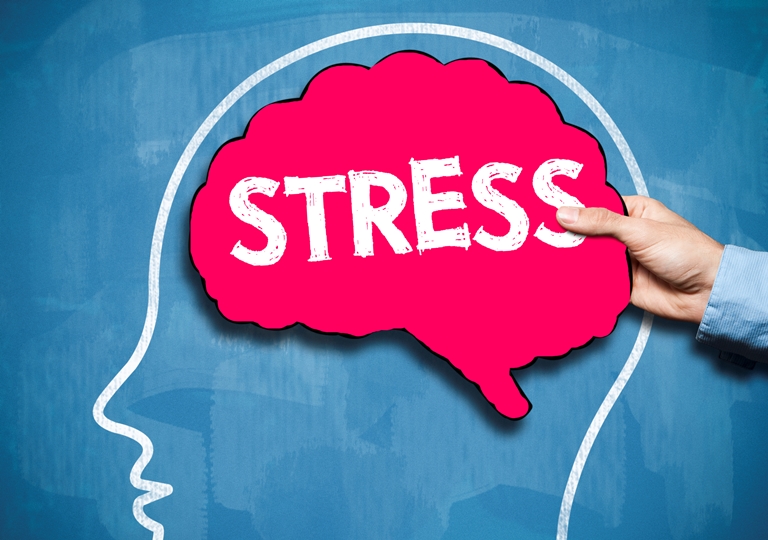You’re stressed, but what type of stress are you experiencing?
Knowing the answer to this question is vital to your well-being.
Our experience of stress lies along a continuum with three distinct phases.
Phase 1 – Acute Stress
All our experiences of stress begin with Acute Stress. We experience acute stress in response to a clear and present perceived threat (real or imagined), to our physical and/or emotional well-being.
The threat could, for example: be a car on a collision course with us; being told we are going to be made redundant; an earthquake; an argument with our partner; falling off a ladder; being asked to speak in front of a large crowd; riding a roller coaster in a theme park.
Acute stress is part of our inbuilt survival system. It is supposed to be a short term experience. It provides us with the energy and resources to fight off the threat or, flee from it. Once the threat has passed (we have successfully fought off the threat and/or made our escape) we shift into a rest and recovery phase and, our body starts to repair (if necessary) and rebalance itself. Any remaining unused stress hormones in our body are metabolised. We are now ready to respond to the next perceived threat.
Phase 2 – Stress
We might not enter, or complete, the rest and recovery phase because, perceived threats:
- come too thick and fast, e.g. daily hassles, (such as miss the bus to work, so miss the important team meeting, so negative feedback from boss, then get a call from school that your child is sick ……)
- are regular or episodic e.g. workplace bullying; daily traffic jam; monthly bills; earthquake aftershocks.
- are ongoing e.g. ongoing excessive pressure; caring for an incapacitated family member; living in a war zone, suffering with a disease; stuck in a dysfunctional relationship; stuck in a dead-end job; trapped in poverty.
Many people perceive all three types of threat on a daily basis.
If we don’t rebalance our body, and metabolise any remaining stress hormones before we perceive the next threat, the stress hormones released in response to the new threat get added to the stress hormones still circulating around our body. Hence the level of stress hormones in our body (i.e. our ‘stress level’) rises and we are now experiencing Stress.
Our Stress Bucket
A bucket is often used as an analogy to describe what happens as our stress level rises.
The bucket represents our capacity to cope with the rising level of stress hormones. The bigger our bucket the more stress hormones we can cope with before they overwhelm us.
The bucket has a tap at the bottom representing the rest and recovery phase. When the tap is open the stress hormones in the bucket flow out. If the tap is:
- closed, because we are not getting any, or insufficient, rest and recovery, then the bucket will fill up.
- open, but the inflow of stress hormones exceeds the capacity of the tap to let them out, then the bucket will fill up.
The stress bucket can fill up:
- but not overflow. The level in the bucket may vary but it stays high over time. We can still function but our performance is compromised, we experience more sickness. Life is steadily drained of its pleasure. We may engage in maladaptive behaviours to cope, such as drinking, smoking, gambling.
- to the brim and overflow. At this point our ability to cope with any new threats is gone – no matter how trivial they are. We might ‘flip out’ over a seemingly small incident such as not being able to find a parking space or going into road rage mode because someone didn’t wave a ‘thank you’ when we let them in, or losing our temper at our children because they spilt their drink. This is a signal that we have likely entered Phase 3 …..
Phase 3 – Chronic Stress
When the level of stress hormones travelling around our body is maintained at a high level for long period of time, we are in the Chronic Stress phase. We may experience burnout, anxiety disorders, depression. The longer we experience chronic stress, the more likely we are to compromise our health.
Need help managing your stress?
If you are suffering with stress or anxiety, and want to be free and to start enjoying life fully again, call me on 021 056 8389 or email tony@tycoaching.nz with your name & number, or use the Book Now button below.
Go well
Tony
REMEMBER – “When you change your mind you change your life.”
Tony helps people of all ages live their lives free of unnecessary stress, anxiety and depression, and be happier, healthier and more fulfilled.
